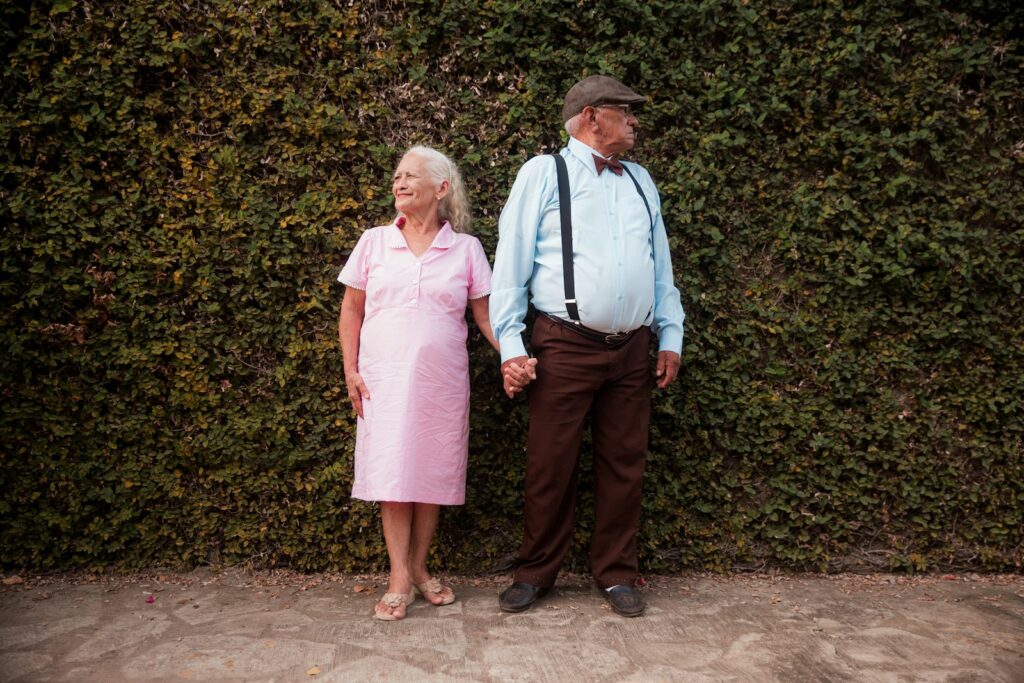The House of Commons education committee has launched an inquiry into reform of the children’s social care sector in England.
The sector – which includes child protection services, foster care, adoption and residential care – has been under strain in recent years due to rising demand that has seen local authorities significantly increase their spend on children’s social care.
There has been a 7%increase in children receiving support from children’s services since 2010, despite a marginal fall in 2022. The number of children on child protection plans is 50,780, an increase of 30% from 2010 but a marginal decrease from 2022. And there are now 28% more looked after children, including adoptions, since 2010.
The cross-party committee’s inquiry will focus on support offered to children with complex needs, how the sector is funded via local authorities, and ways to improve early intervention to tackle rising demand.
The inquiry will assess the social care market, as many children’s services are contracted by local authorities to private providers. Last year a Competition and Markets Authority report found that three-quarters of places come from independent providers, with the largest now charging prices that are “materially higher” than would be expected ‘if the market were functioning effectively’.
The growing issue of young people being placed in settings located many miles outside their local areas because of scarce accommodation will also be investigated. The MPs will examine protection for vulnerable children and support for care leavers. The most recent government data shows that 38% of care leavers aged 19-21 are not in education, employment or training, compared to 11% of all young people in that age group. The number of 18-20-year-old care leavers in England facing homelessness, including a minority who have young children, has risen from 2,790 in 2018/19 to 3,710 in 2022/23.
The committee will scrutinise the government’s ‘Stable Homes, Built on Love’ strategy published in February, looking at how effective it has been so far and is projected to be in future. The strategy emphasises the need for a joint approach between the Department for Education and Department of Health and Social Care. Though some have criticised the reforms for being too limited in scope, the government said it was built on recommendations from the CMA report, the Independent Review of Children’s Social Care, and the national review prompted by the deaths of Star Hobson and Arthur Labinjo-Hughes.
Education committee chair Robin Walker said: ‘The children’s social care sector is facing pressures on multiple fronts, underpinned by rising costs, growing demand and a lack of ability to identify and tend to issues before they reach a crisis point. I have seen examples of local authorities whose spending on children’s social care is now overtaking the vast sums they spend on care for adults. This increase in demand is also a reason why we should look to support alternatives to residential care, such as adoption, kinship and foster care.
‘We know that the high stakes, selfless work by professionals in this space is crucial to keep children safe from harm and on the right track. As we get underway with this inquiry in 2024, it will have been a year since the government announced its ‘Stable Homes, Built on Love’ strategy. It will be the right time for my cross-party colleagues and I to look across the board at whether the many policies in that strategy are really turning things around, or whether the government needs to go further and faster.’
Image: Annie Spratt
A third of children in care face school exclusion, new research shows
DfE figures for children’s social work workforce show vacancies up 21%

















Leave a Reply